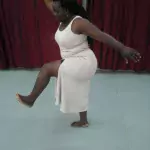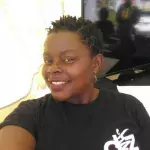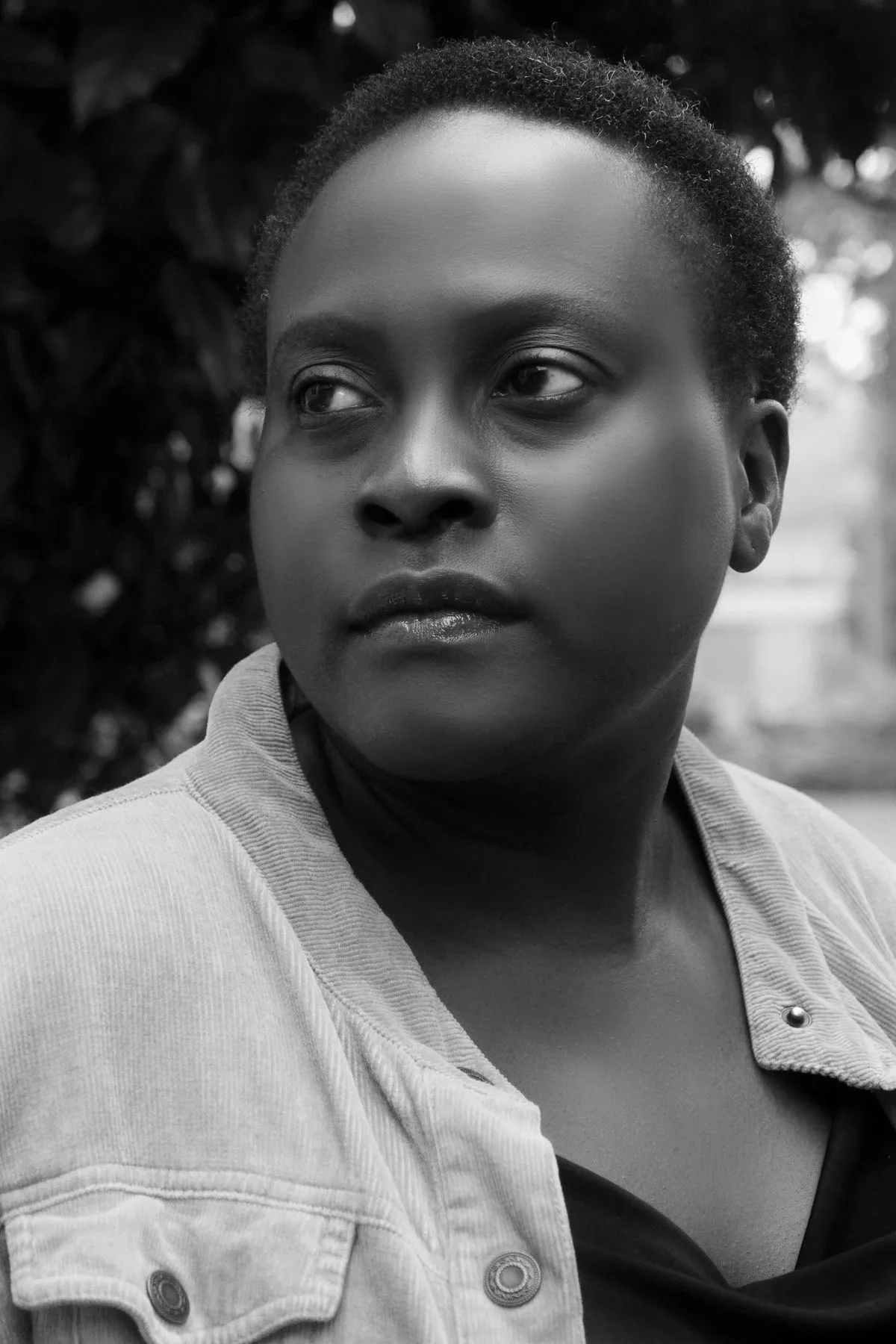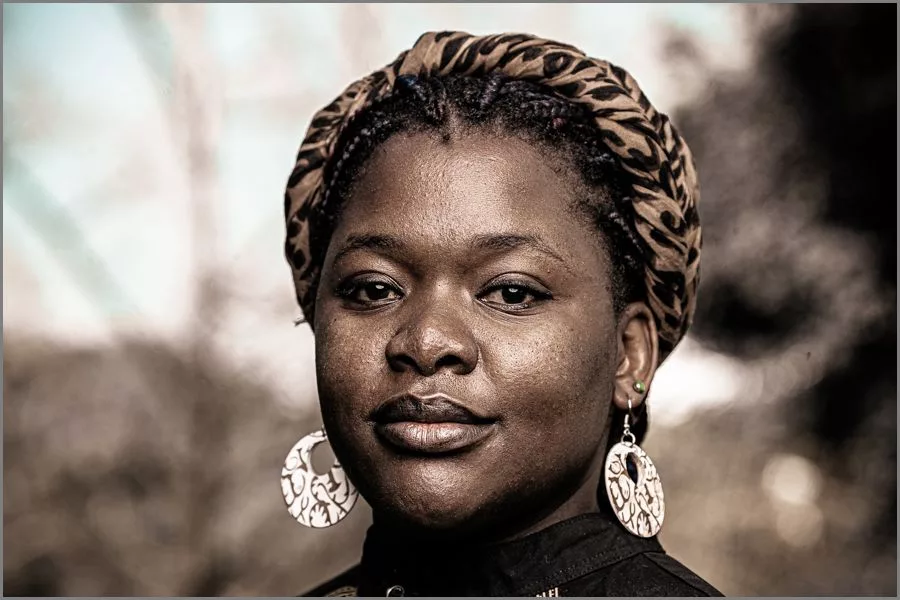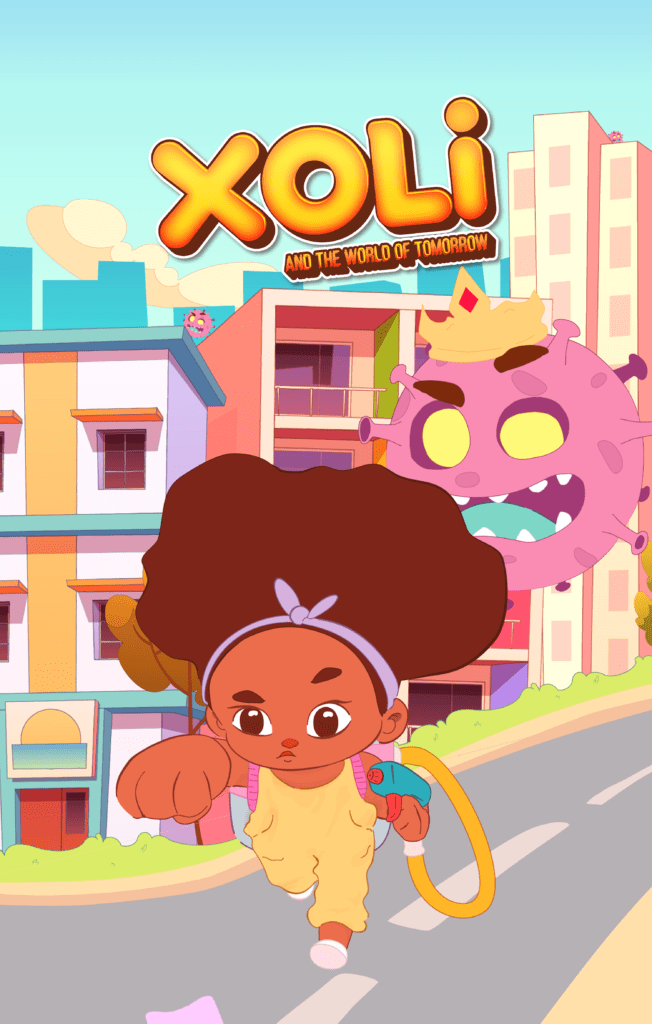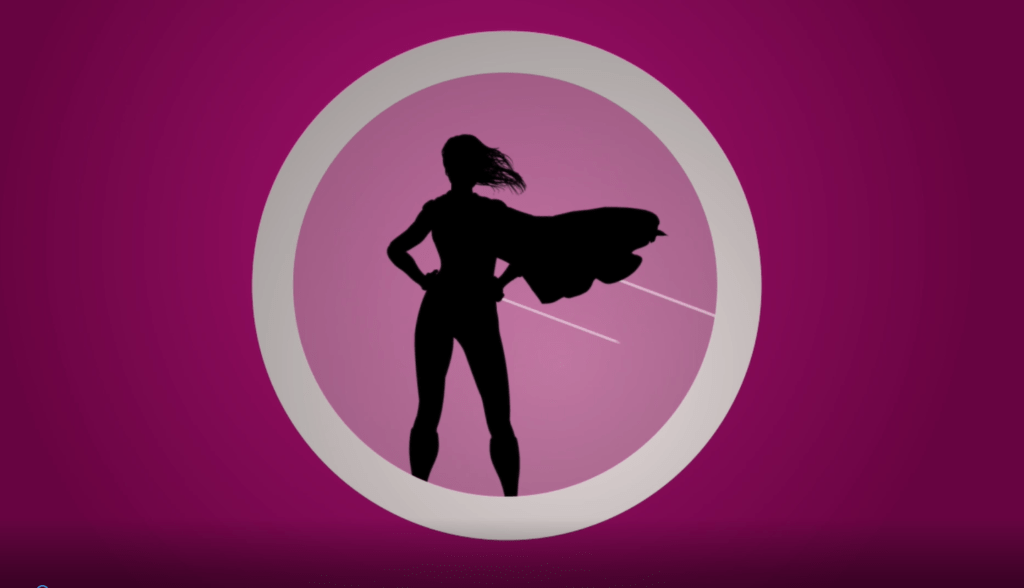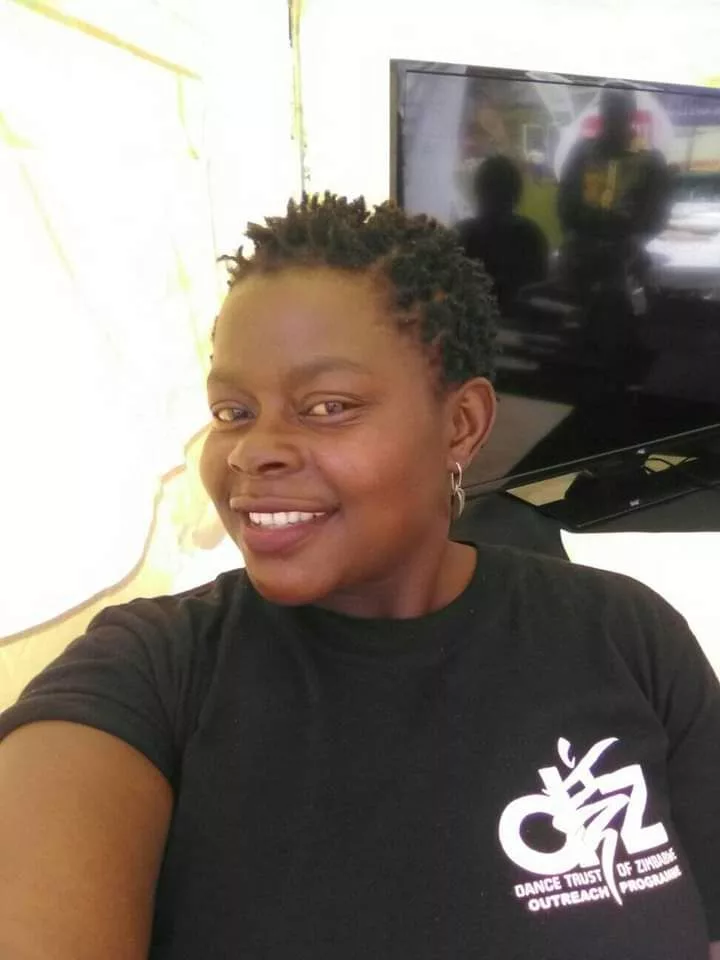
A few words about your artistic career
I have performed and created dance works for the Tumbuka Dance Company. I teach young Zimbabweans in schools and community centres. I draw on artistic professionals such as Germaine Acogny and Nora Chipaumire who have inspired me to be tenacious, faithful and passionate about dance in my community.
How long have you been an artist?
I've been a professional artist for almost twenty years.
Why did you apply for this scholarship? How will the scholarship support you?
I'm interested in how the arts and dance could be used as a means of starting a dialogue about mental illness, which is probably responsible for many undiagnosed deaths in my community. The grant will facilitate a platform for the opportunity to share experiences with a group of women about the effects of mental illness.
What are your concrete artistic objectives after this residency?
My aim is to create an interactive, playful and evolving dance work that can be shared online and eventually used in live performances as a starting point for a discussion about mental illness and action.
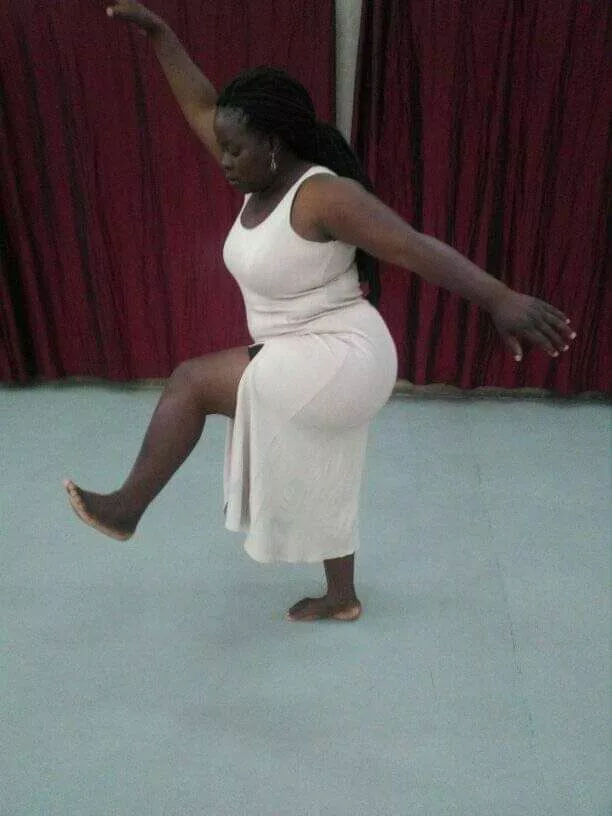
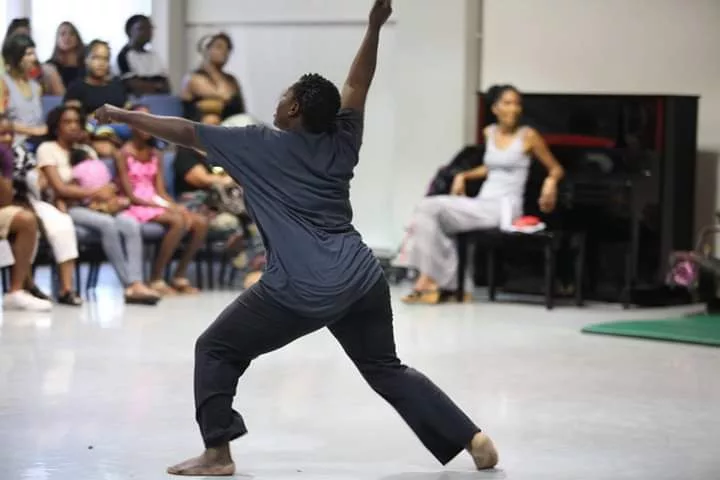
What did you achieve during this creative residency? What is the result (work created)? Who was involved in the creative process?
The residency for the creation of Raramo was an interesting introduction to mental health in my community. Despite the ongoing changes resulting from COVID-19 restrictions, through the Raramo project I had the opportunity to research and create a project in the community without interference from the country's authorities. The discussions with the women of Tafara have been useful in helping to slowly initiate dialogue on the unusual subject of mental health in this community. I hope this will be the start of something we can use on a regular basis. Parts of the pre-production research have been used as material and inspiration for the creation of the show and this has been a useful ice-breaker in discussions and sharing about mental health.
A mental health expert took part in the discussions, which revealed that we had only just scratched the surface and that growing and understanding mental health through exposure to performance art was an interesting way of achieving results for the target community.
The project involved :
- 10 women from Tafara
- Videographer: Farai Kuzvidza
- Theatre actor : Bob Mutumbi
- Assistant Programmz: Victor Peturo
- Adviser : Gilbert Douglas Davies Guzha
- Financial advisor: Jonah Nyandoro
- Anxiety Support and Awareness Center
How do you think these activities help us to think about the world today, in relation to the COVID-19 crisis, and/or about building for the future?
The effects of mental illness in COVID19 times have become more visible in my country. It doesn't help that we don't have a name for mental health in Zimbabwe and it still has a negative connotation. However, I was inspired by the opportunity to learn and appreciate some of the successes that people around the world have achieved with art for mental health. Poor, inner-city women have had to cope with the difficult impact of the pandemic crisis on them, including domestic violence, lack of a medical system, food insecurity and political instability. One of the women who took part in the workshop said: "Being able to leave your home and learn something new about yourself and make new friends with whom you can eventually share and trust the people in your life can be a blessing".
How did you feel during the residency? And afterwards?
The subject I dealt with is still uncomfortable for many people in my community. Most people prefer not to talk about what they're going through, especially in these difficult times when everyone has a lot to do. So it's hard to find women who have the courage to open up, share and discuss the arts and mental health. So it wasn't as easy as I'd expected to get people interested. I decided to start with people I knew who then invited their friends. Some of the participants didn't have mobile phones, which made my initial idea of doing the whole project online impossible, and the network in Zimbabwe is still a problem.
[(
Raramo
)]


